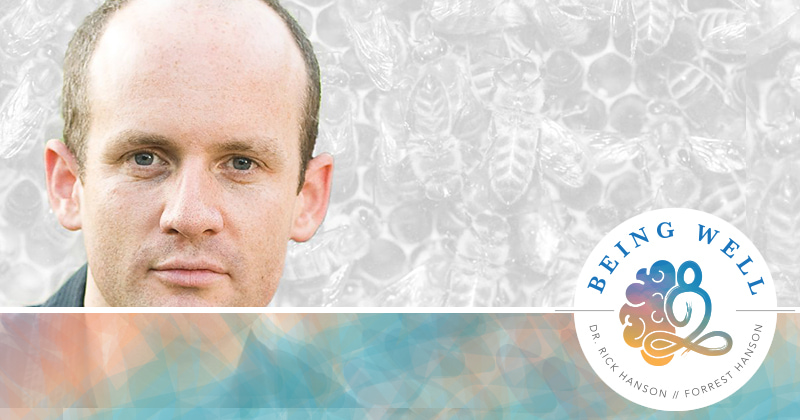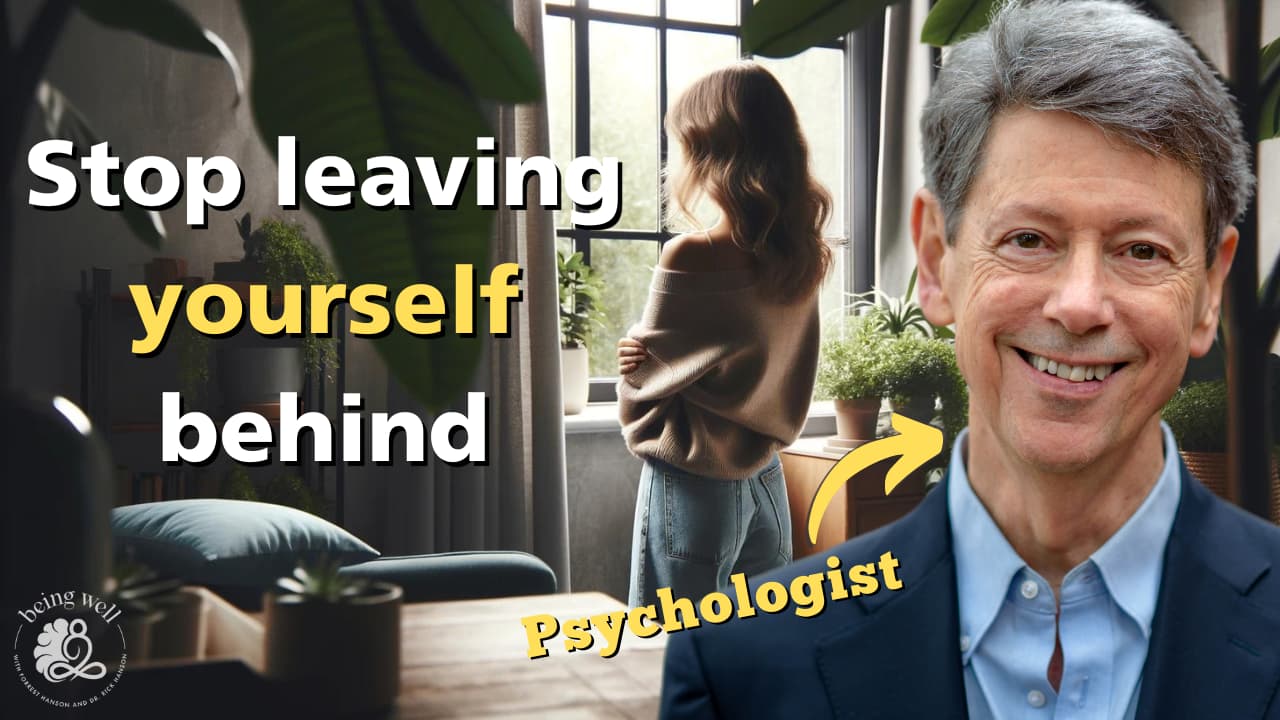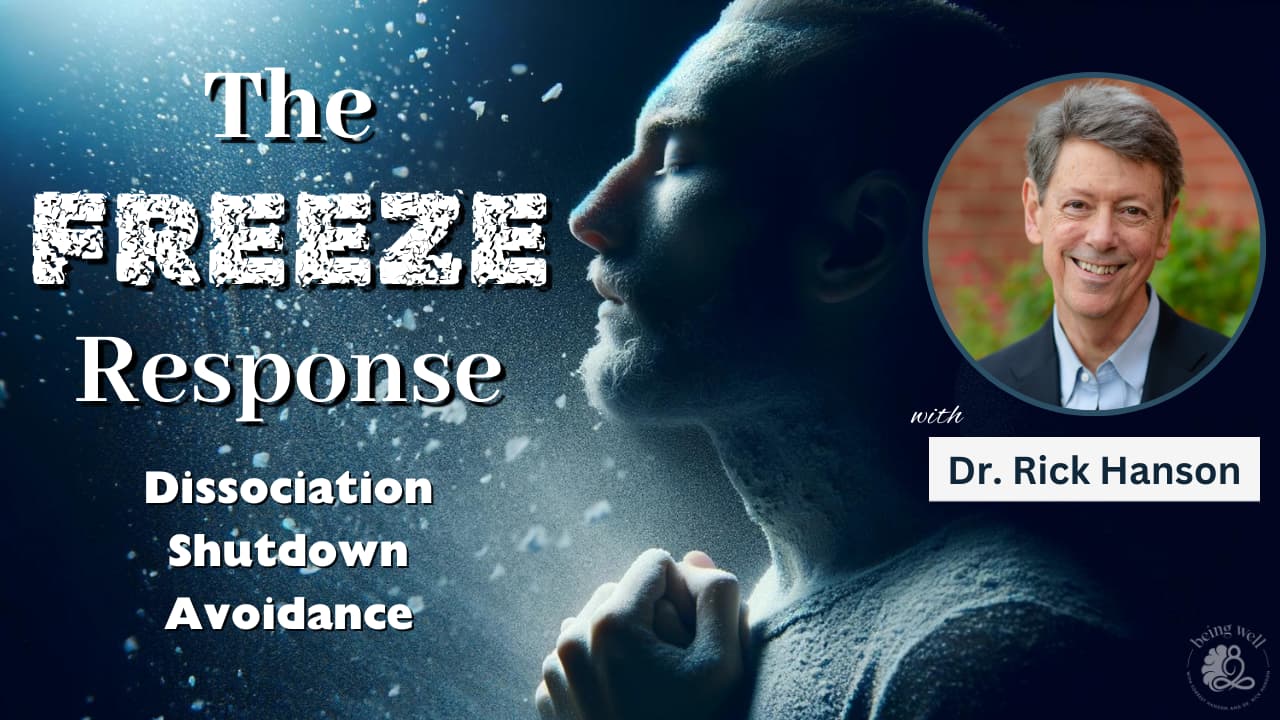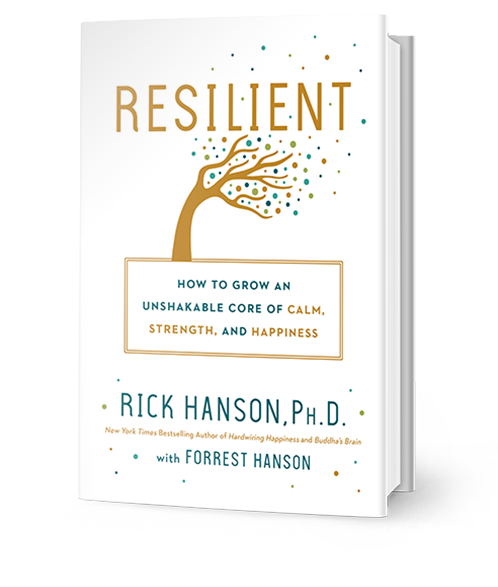RESOURCES TO GROW INNER STRENGTHS FOR
Stress and Overwhelm
Nobody likes being stressed and overwhelmed, but we often seem to have a hard time doing anything about it.
It seems these days many of us get used to being in a constant state of stress and overwhelm — which has very negative consequences on our bodies and minds over time.
The good news is that even in the middle of the most insane day, there are lots of things that can be done to immediately lower stress levels, foster a better sense of well-being, and create a small space in which to begin figuring out how to lower stresses over the long term.
Simple Practices for Reducing Stress and Overwhelm
Being Well Podcast Episodes

Being Well Podcast: The Science of Stress with Dr. Elissa Epel
Dr. Elissa Epel joins us to explore the science behind the stress response, different forms of stress, what separates “good” stress from “bad” stress, how we can take advantage of good stress, and dealing with existential forms of stress like the climate crisis.

Being Well Podcast: Time Management for Mortals with Oliver Burkeman
Forrest is joined by bestselling author Oliver Burkeman for an exploration of what’s really at stake in what we call “time management”.

Being Well Podcast: Healing Self-Abandonment: Anxious Attachment, Healthy Boundaries, and Creating Strong Relationships
On today’s episode, Dr. Rick and Forrest explore self-abandonment, including anxious attachment, healthy boundaries, and creating strong relationships.

Being Well Podcast: Managing the Freeze Response: Dissociation, Emotional Shutdown, and Creating Safety
In one of our favorite episodes to date, Dr. Rick and Forrest explore managing the freeze response in detail.
Online Course
Just One Minute
57 Bite-Sized Mindfulness Practices
Build a happier, healthier mind in a minute or two a day with 57 brief but powerful practices – each focusing on just one thing – that will gradually change your brain for the better so you can handle the challenges of everyday life with greater ease, inner strength, and confidence.
Frequently Asked Questions

Psychologist and Author Dr. Rick Hanson answers questions about
Stress and Overwhelm
What is one of the most effective practices for instant stress relief?
- Activate the parasympathetic wing of your nervous system by taking several long exhalations, at least twice as long as your inhalation.
- Notice that you are actually basically alright right now. Not perfect, but basically OK.
- Bring to mind the felt sense of being with someone who loves you.
In your books Buddha’s Brain and Hardwiring Happiness, you mention a variety of methods for reducing stress. Which three methods do you consider generally to be the most effective?
In principle, there are three places we can intervene to make things better: out in the world, in the body, and in the mind. All are important. For example, a person could reduce stress by shifting out a living situation (intervening out in the world) that has stressful roommates in it. In this context, I’ll focus on three methods inside the mind.
Obviously, what is most effective in the mind will depend on the person and his or her situation. And we need to recognize that challenges need not be experienced as stressors. For one person, a promotion with new responsibilities (challenge) could feel demanding, intense, and like a lot of work, but not feel significantly stressful; for a different person, the same challenge could feel really stressful (e.g., body revved up, unpleasant sense of pressure, negative emotions like anxiety or irritability).
In this light, and in general, here are my top three stress-busters:
- Exhaling – And relaxing the body in other ways as well.
- Turning toward some authentic positive experience – Washing your hands, eating something good, thinking of something you feel grateful for, smelling something nice, etc.
- Giving or receiving love – Any form of caring is good here, such as feeling included, seen, appreciated, liked, or loved.
We evolved to handle brief bursts of stress for immediate survival purposes, but chronic stress – even mild to moderate – is not good for long-term physical and mental health. Remember that negative emotions are stressful in their own right; it wears on body and mind to be chronically anxious, frustrated, irritated, hurt, or insecure.
What can be done in order to support a shrunken hippocampus? Is there any indication that this shrinking can be undone?
In terms of how chronic stress and thus cortisol can damage the hippocampus, there are five kinds of good news:
- New baby neurons are born in this part of the brain, encouraged by exercise and stimulation.
- Existing synapses in the hippocampus can form new connections with each other.
- Other parts of the brain can compensate, like the prefrontal regions that we can draw on if we slow down our emotional reactions by a few seconds.
- We can grow other psychological resources, embedded in neural structure and function, such as positive emotions, mindfulness, and wholesome intentions.
- We can treat ourselves well, with compassion and encouragement and respect – thereby treating ourselves like we matter even if others didn’t (or don’t).
I'm wondering how I can change my cortisol level, as I've been under severe stress for years. Is there anything I can do?
Regarding stress and cortisol, there are numerous things a person can do:
- Physical activity metabolizes cortisol. Walking, etc. Plus it promotes neurogenesis (new neurons) in the hippocampus, which gets harmed by cortisol.
- Oxytocin (released when we feel loved or loving) counters cortisol. Even if it’s hard to find others who love us, we can always love others (I’m using “love” broadly to include compassion, friendliness, good wishes, and warmheartedness).
- Positive emotion – including mild but genuine experiences of pleasure, gratitude, beauty, accomplishment, fun, companionship, etc. – also helps clear cortisol, plus has many other benefits.
- Meditation in one form or another deepens our sense of calm center, buffering us from stress.
Is the experience of peace and happiness synonymous with activating the parasympathetic wing of the nervous system? If so, what are the three most successful techniques for activating the PNS?
It’s a great question, since there is sometimes a misunderstanding of the nervous system that equates parasympathetic activation with positive states of being and sympathetic activation with negative states.
Yes, activating the parasympathetic nervous system (PNS) can foster the calming and easing that underlie many positive states of being. On the other hand, excessive PNS activation leads to the “freeze response” – in humans this is the equivalent of animals playing dead – which can feel like sleepiness, dissociation, inertness, numbing, tuning out, or shutting down, often accompanied by negative emotions such as dread or shame.
And yes, activating the sympathetic nervous system (SNS) can foster fight or flight states of being, often with associated negative emotions such as anger or fear. On the other hand, SNS activation combined with positive emotions such as eagerness, confidence, success, pleasure, affection, and gratification can foster wholesome actions such as cheering on your child in a race, making love, asserting yourself, dancing with your whole heart, or pursuing an ambition.
Overall, a balance of PNS and SNS activation is best. In a culture that prizes SNS activation (and which often stimulates negative emotions such as drivenness or envy), it is particularly important to be strong and skillful in PNS activation. And throughout, keep planting and nourishing seeds of positive emotions, thoughts, somatic states, and desires.
In terms of what activates the PNS, anything that helps you relax will do this. If you want three “go-tos” that I like myself, here they are:
- Exhaling
- Touching your lips
- Hugging someone you care about
Additional Resources for Stress and Overwhelm
Talks
Videos
The Effects of Stress on Your Brain
Strengthening Your Body Against Stress – Interview with Elissa Epel






